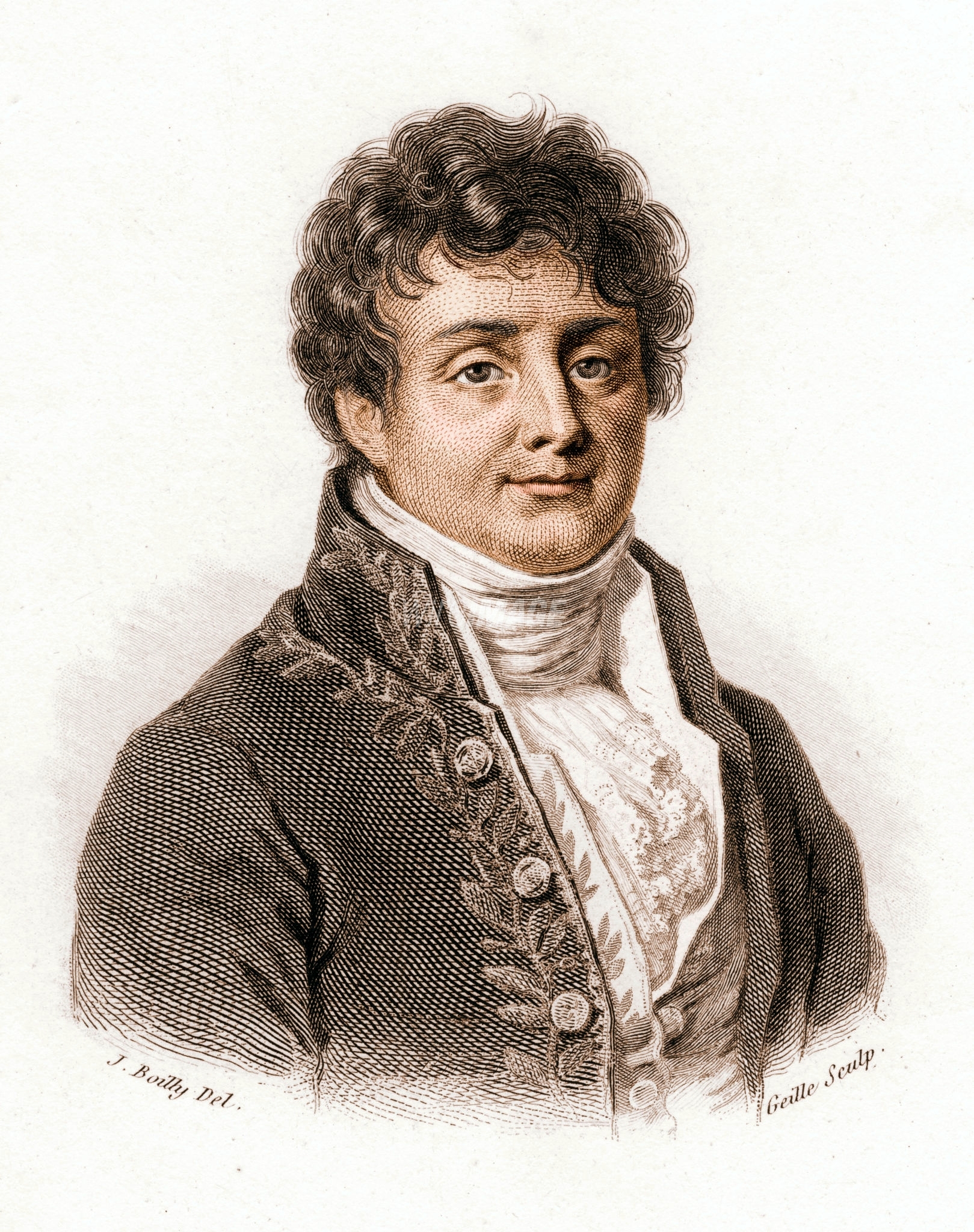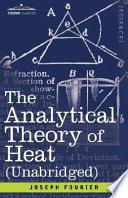“Profound study of nature is the most fertile source of mathematical discoveries.”
Source: The Analytical Theory of Heat (1878), Ch. 1, p. 7
Jean-Baptiste Joseph Fourier was a French mathematician and physicist born in Auxerre and best known for initiating the investigation of Fourier series and their applications to problems of heat transfer and vibrations. The Fourier transform and Fourier's law are also named in his honour. Fourier is also generally credited with the discovery of the greenhouse effect.

“Profound study of nature is the most fertile source of mathematical discoveries.”
Source: The Analytical Theory of Heat (1878), Ch. 1, p. 7
Source: The Analytical Theory of Heat (1878), Ch. 1, p. 6
Context: If we consider further the manifold relations of this mathematical theory to civil uses and the technical arts, we shall recognize completely the extent of its applications. It is evident that it includes an entire series of distinct phenomena, and that the study of it cannot be omitted without losing a notable part of the science of nature.
The principles of the theory are derived, as are those of rational mechanics, from a very small number of primary facts, the causes of which are not considered by geometers, but which they admit as the results of common observations confirmed by all experiment.
Preliminary Discourse, p.7 Note: often quoted as Mathematics [or mathematical analysis] compares the most diverse phenomena and discovers the secret analogies that unite them.
The Analytical Theory of Heat (1878)
Source: The Analytical Theory of Heat (1878), Ch. 1, p. 1
